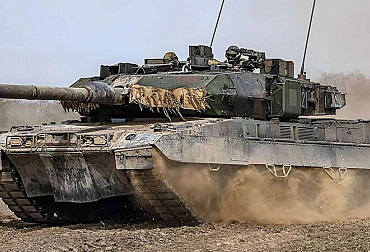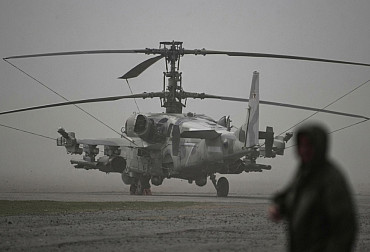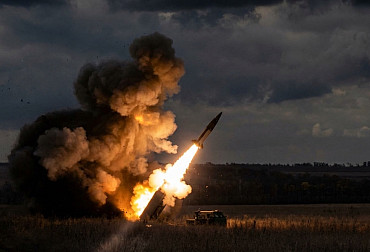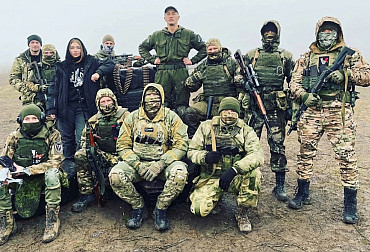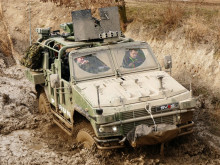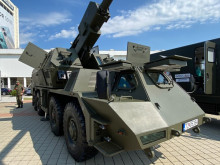Intelligence, drones, and artificial intelligence: The Czech Army enters a new era of information
The Czech Army's intelligence and reconnaissance capabilities have undergone a fundamental transformation in recent years. The evolution of modern conflicts, particularly the experience in Ukraine, is changing the way combat is conducted, as well as decision-making processes and the handling of information. We spoke with Brigadier General Roman Hyťha, Director of the Intelligence Security Section of the Ministry of Defense, about the direction of military intelligence and how the army works with drones, air defense, and artificial intelligence.
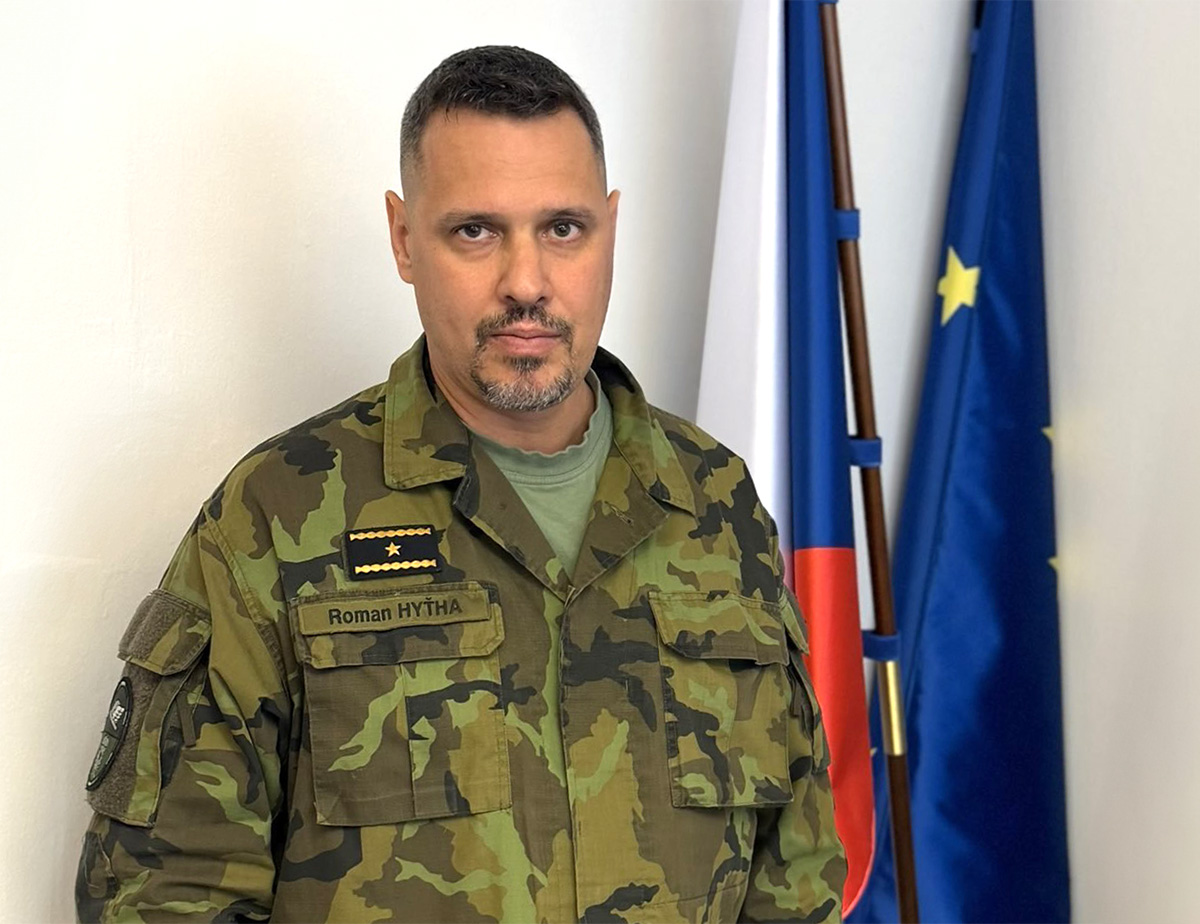
General Hyťha confirmed right at the outset that experiences from the Ukrainian battlefield have fundamentally changed thinking about the deployment of unmanned aerial vehicles. "When I first saw the Danish CV90s with two small drones circling above them, it was clear that this was the way forward. Our units, including the 7th Mechanized Brigade, are also counting on drones," says the director of the Intelligence Security Section of the Czech Ministry of Defense. According to him, specialized experimental teams are already being formed within the active reserve, with the support of the Intelligence Security Section. "This team has precisely defined tasks based on real-life experience from the conflict in Ukraine. These people train soldiers how to work with drones and how to respond to their presence," explains the general.
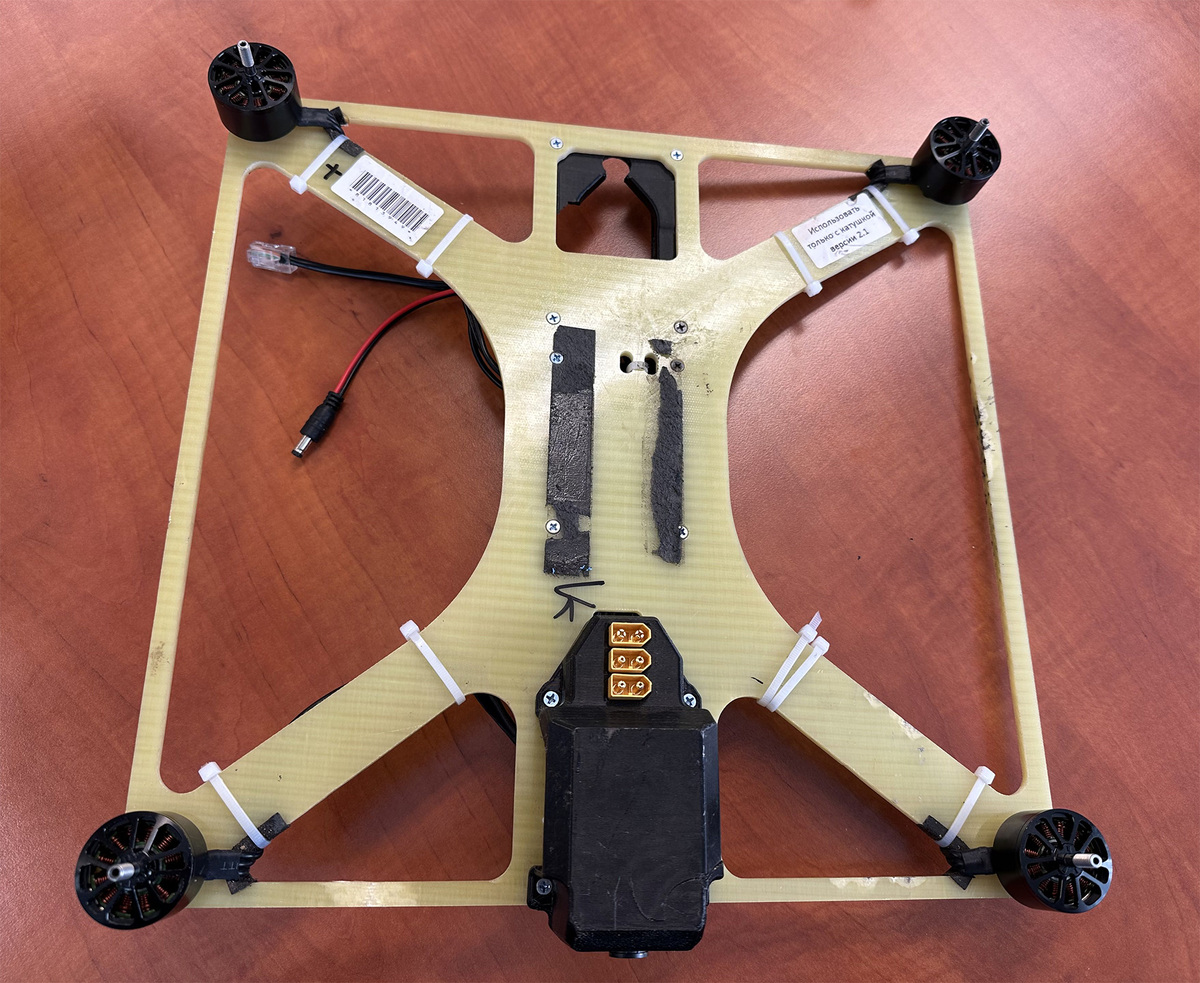
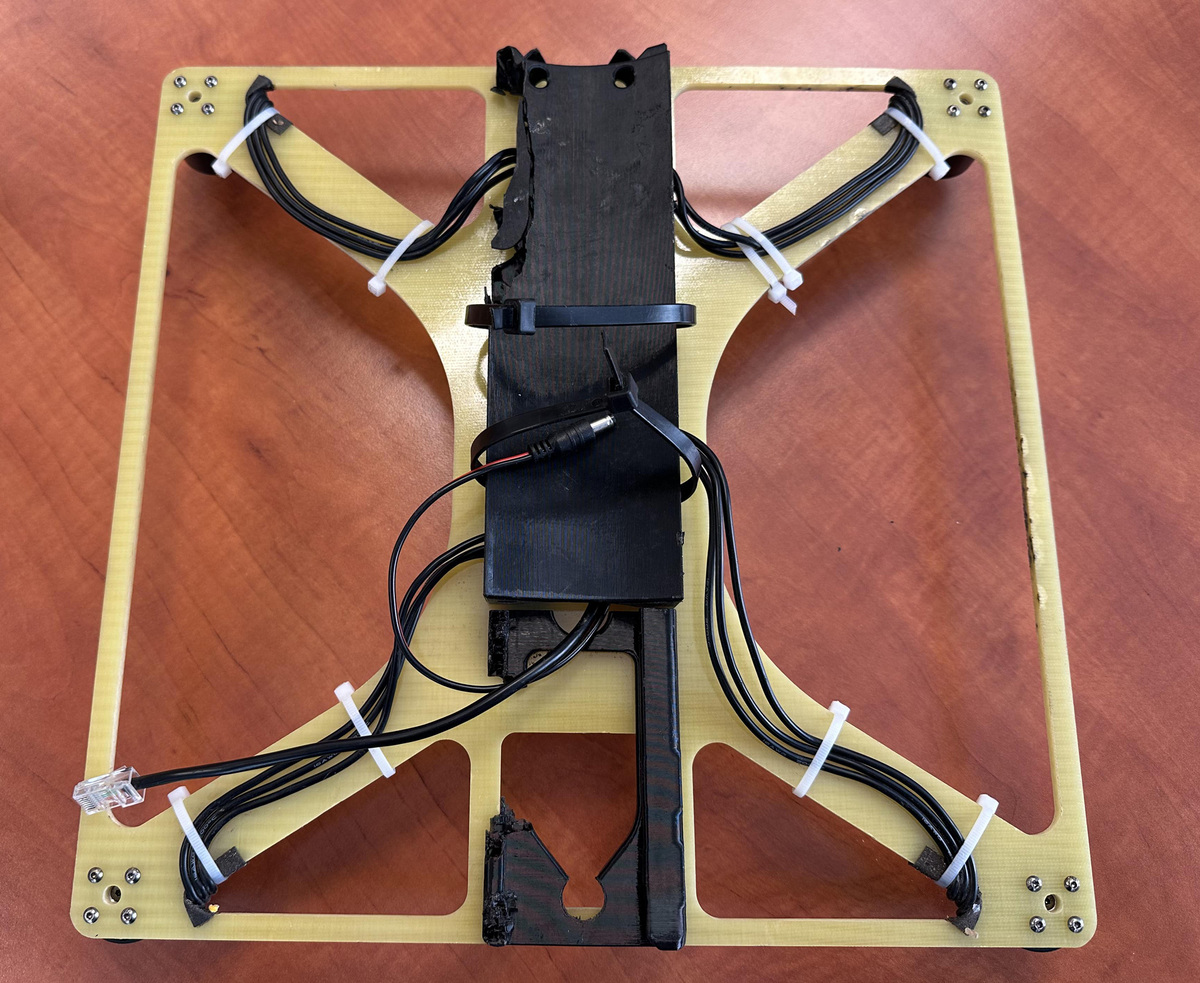
According to Hyťha, the training includes not only the use of drones to gather information, but also training in protection against them. “When soldiers see something buzzing around them during training, they start to take it seriously. That's the first step towards effective defense against UAS (Unmanned Aerial Systems). Protection doesn’t start with jammers but with behavioral changes, camouflage, and detection,” the general points out.
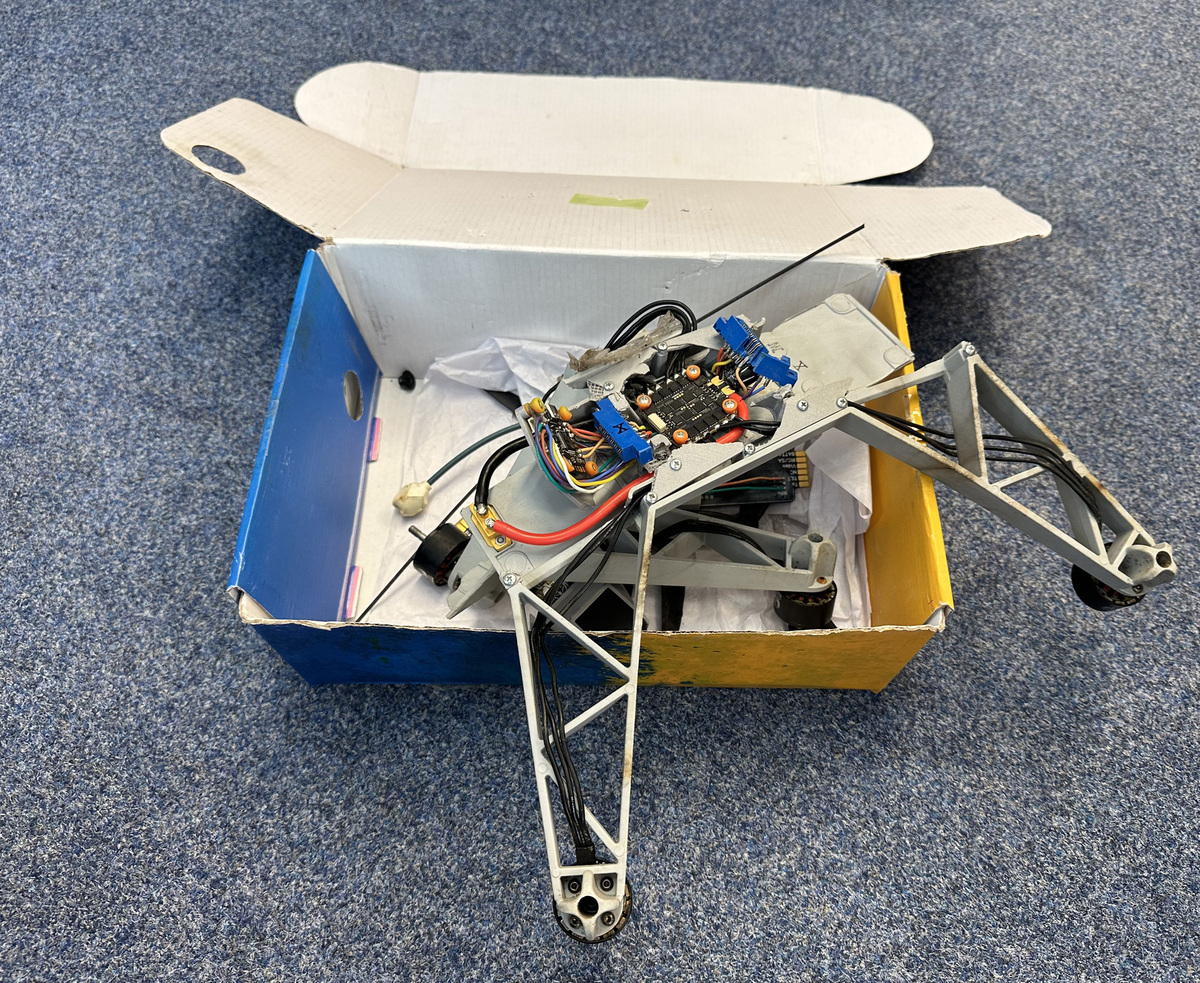
We also learned that current projects are focused on miniaturizing electronic warfare equipment. "We have a relatively well-developed electromagnetic warfare system, but it is still too cumbersome—literally. We need to take it down a level – to small mobile devices,“ says General Hyťha. The goal is for soldiers to have a small box on their vests that warns them when a drone is nearby. ”It's nothing complicated – the small device beeps or vibrates and alerts the soldier. We need to get this into the army and to the soldiers as quickly as possible," emphasizes Hyťha, adding that such devices already exist, both in military and civilian versions. The army is already testing them, but the general admits that the process of introducing them is slower than he would like. “It's also about the fact that we still have to find ways to get these technologies to the units before the large acquisition processes get underway. That's why we also support decentralized initiatives and testing at the unit level,” says the director of the Intelligence Security Section of the Czech Ministry of Defense.
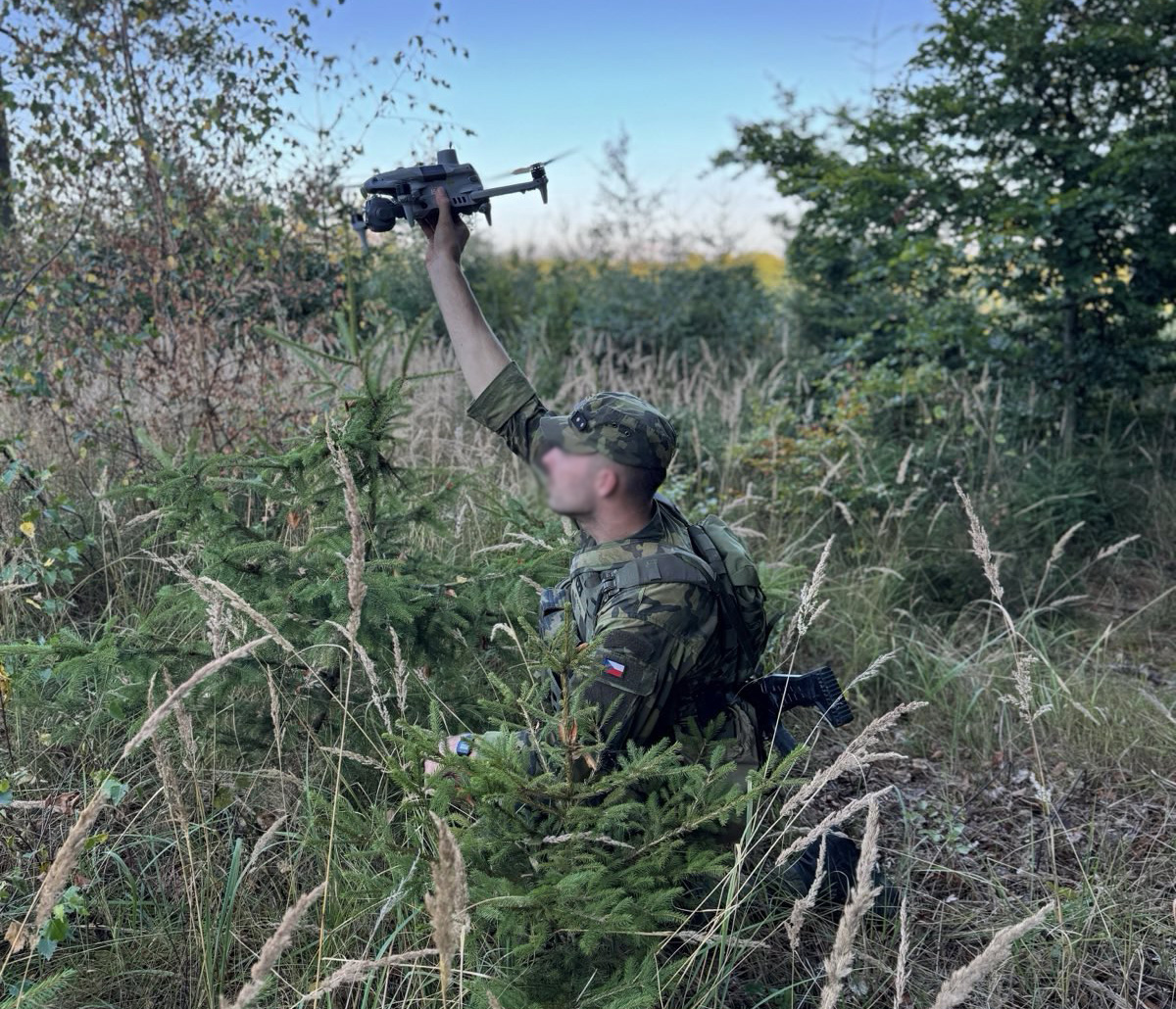
The development of drone technology cannot happen without cooperation with industry. In this context, Hyťha points out that smaller companies and start-ups often respond more quickly than traditional manufacturers. “I like it when something emerges from the bottom up. These guys are pushing things forward and now they have polygons, they are testing and innovating. This is a healthy environment that we should support,” says the general. However, he also emphasizes the importance of state-owned enterprises, which he believes are irreplaceable in more complex projects. "State-owned enterprises are geared toward more sophisticated systems that require longer-term development and certification. An example is the project with LIAZ or cooperation in the field of research and development of new sensors," says Hyťha, who believes that the system should remain open—where a small innovative company can deliver, it should be given space, and where strategic capabilities are involved, the state sector must step in.
Experience from modern conflicts has also led to changes in how intelligence data is handled. In this context, General Hyťha points out that the volume of information flowing into military systems today is truly enormous and requires automation. "Intel drives operations—intelligence drives operations. But today, it's no longer about a few reports, but about big data. Humans simply can't keep up," explains the director of the Intelligence Security Section of the Ministry of Defense. According to him, the army is therefore involved in projects that bring artificial intelligence (AI) into intelligence processes. "We are cooperating with the Czech Technical University and other institutions. I saw a great example of this with students from the University of Defense, who set up an experimental intelligence center during an exercise in Libavá. They used software with artificial intelligence elements that processed data from various sensors and created an intelligence picture from it. That is exactly the direction we want to take,“ says General Hyťha. According to him, artificial intelligence should primarily help with data filtering and intelligence gathering. ”AI will not make decisions but will speed up the process—it will select relevant information and present it to the commander in a clear form. For now, humans will remain the decision-makers," adds the general.
Education plays a significant role in the transformation of intelligence security, and General Hyťha confirms that the University of Defense is responding to the army's new requirements in this regard. “Structures focused on cyber security, drones, and anti-drone solutions are being built there. Students will have access to resources that will be used by actual units,” says the general. According to him, there are also plans to link the training of scouts and intelligence officers. “Previously, it was more separate—reconnaissance went its own way, intelligence went its own way. Now we want to combine them so that both worlds understand each other better. A reconnaissance officer needs to know what happens to his information, and an intelligence officer needs to understand how that information is generated in the field,” explains Hyťha.
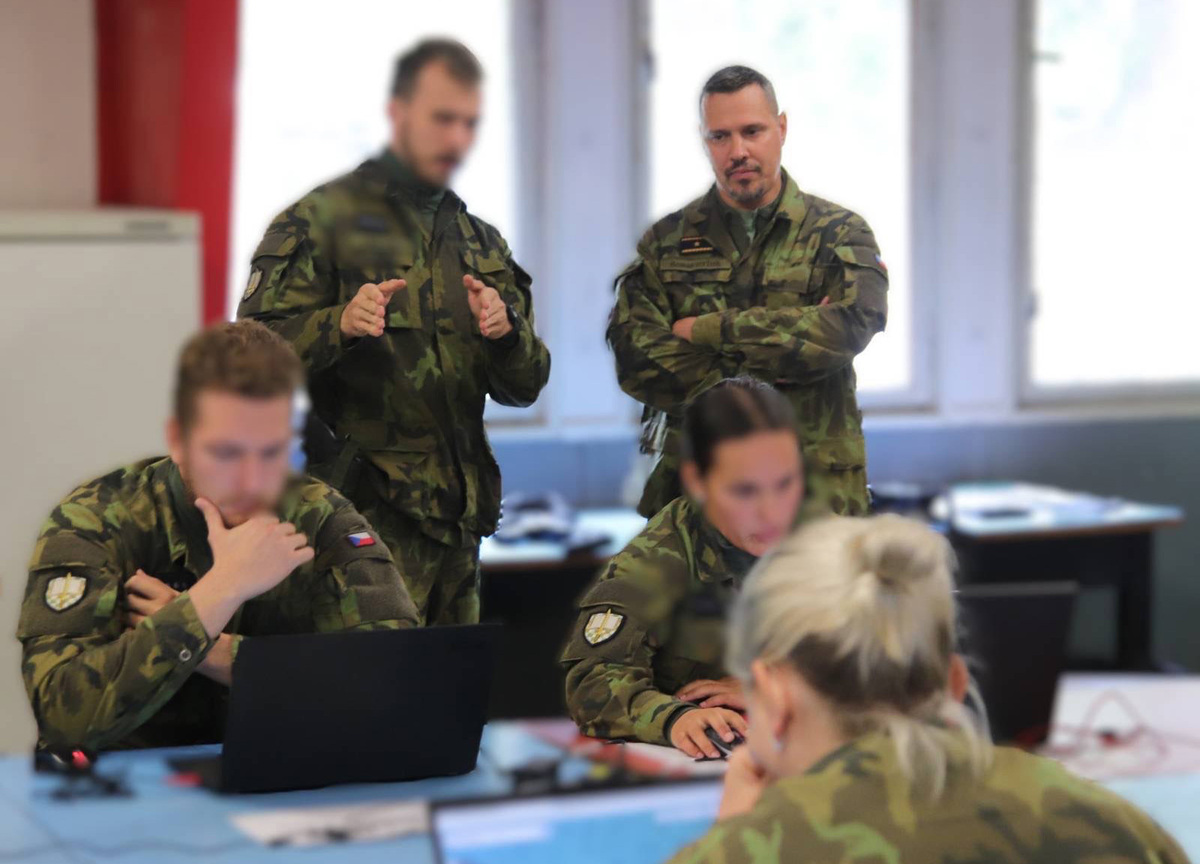
The Director of the Intelligence Security Section of the Ministry of Defense makes no secret of the fact that his priority is to strengthen the tactical level—that is, to support soldiers “with mud on their boots”. “I'm interested in the soldier on the front line. He needs information, protection, and simple tools to help him survive. Not complicated processes,” says the general.
Although the path to full digitization and interconnection of all levels of command and control will not be short, according to Hyťha, the Czech Army has a clear direction. "Intelligence and reconnaissance are changing—and that's a good thing. Every conflict we see around us reminds us that information is the most important weapon," concludes Brigadier General Roman Hyťha, Director of the Intelligence Security Section of the Ministry of Defense.











